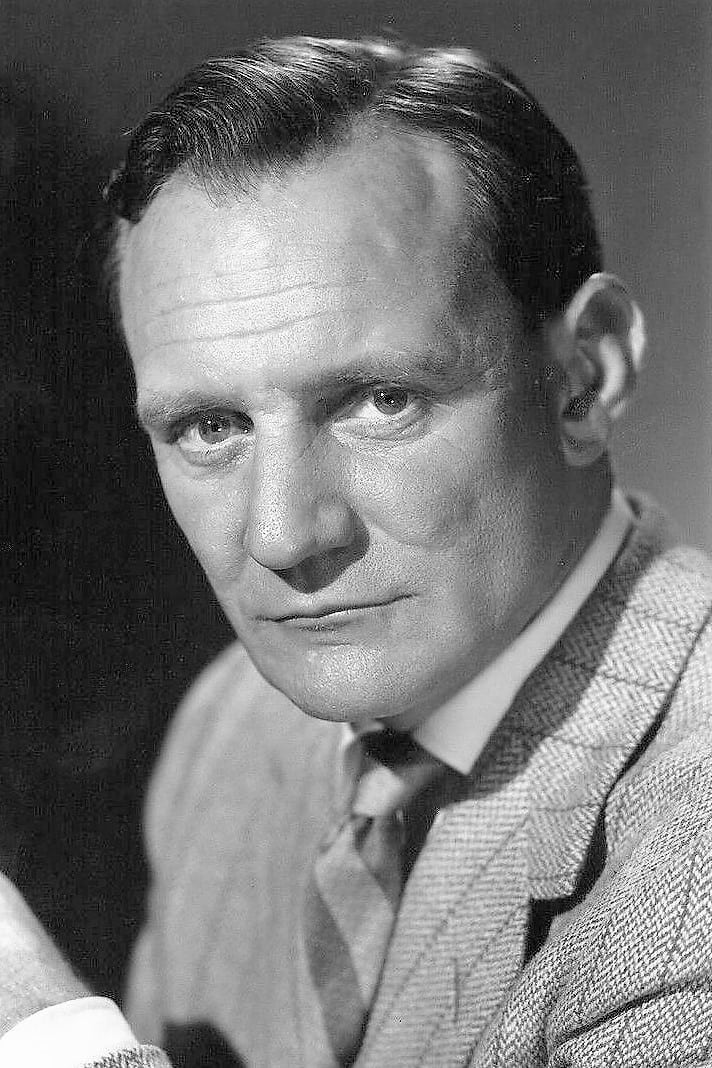
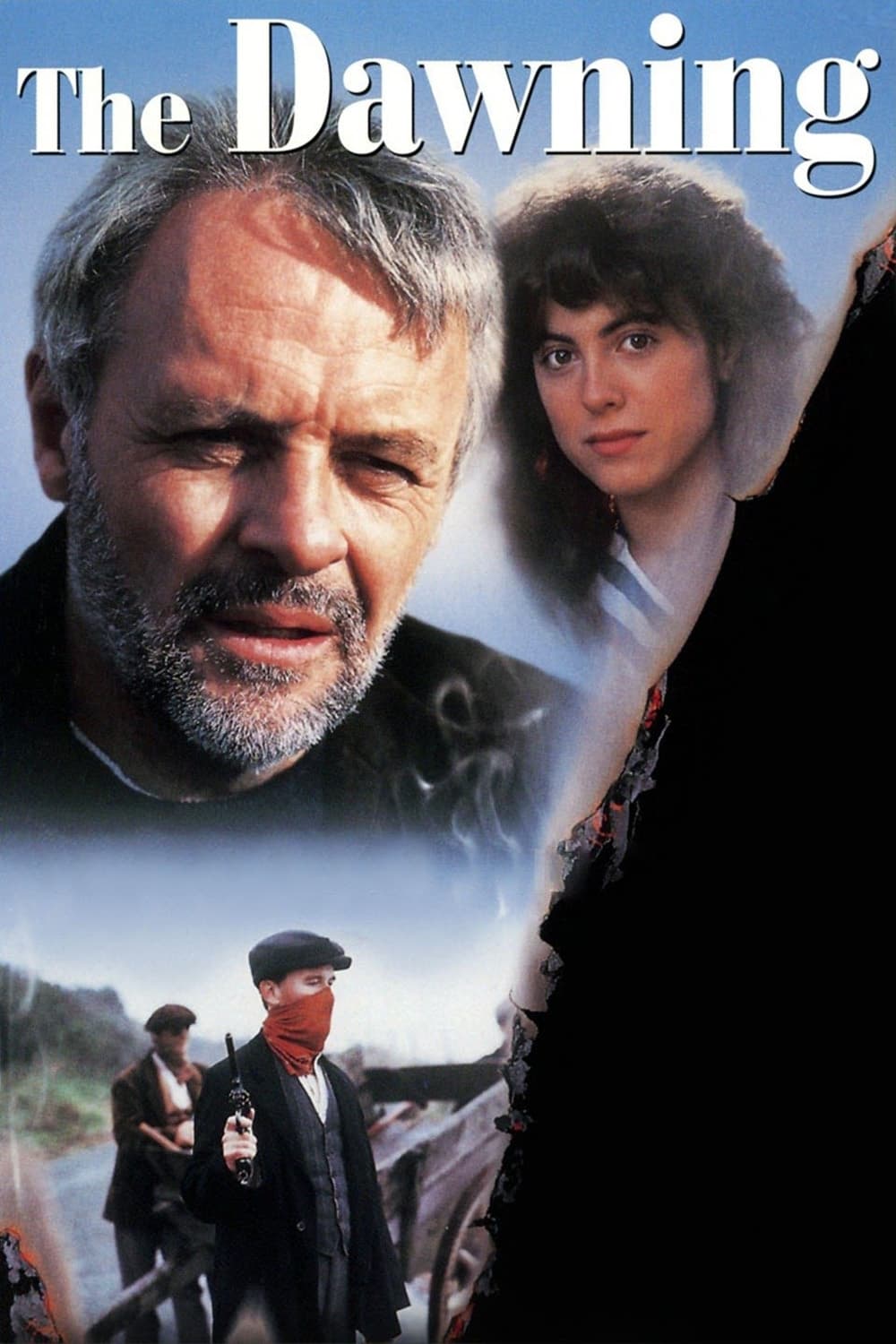
An IRA gunman on the run from the government meets an idealistic young woman and attempts to win her support for his cause.
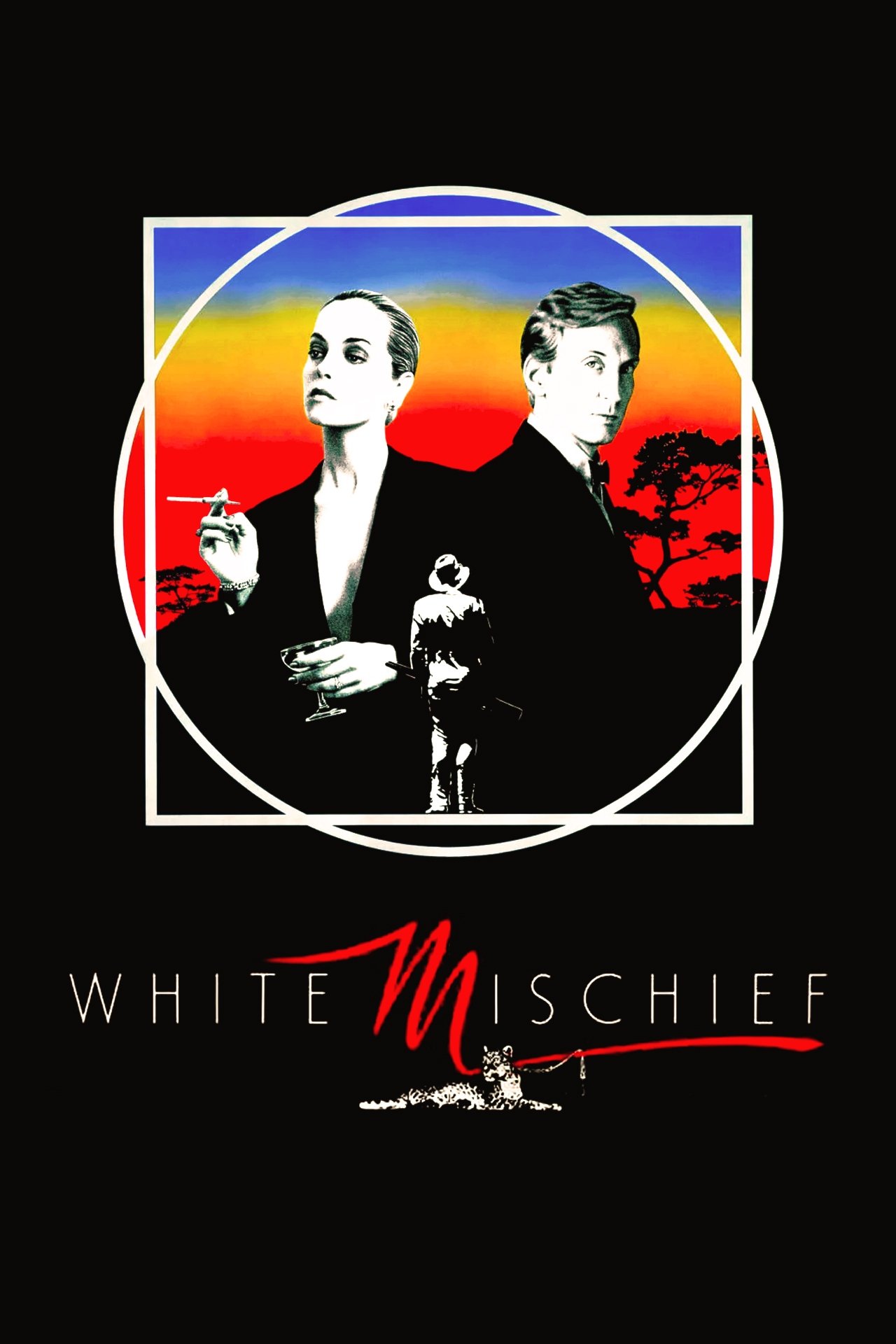
A millionaire past his prime and his young wife arrive in Kenya circa 1940 to find that the other affluent British expatriates are living large as the homefront gears up for war. They are busy swapping partners, doing drugs, and attending lavish parties and horse races. She begins a torrid affair with one of the bon vivants, and her husband finds out and confronts them. The husband and wife decide to break up peacefully, but the bon vivant is murdered and all the evidence points to the husband.
A woman finds herself on the verge of madness after experiencing a vision of her lovers imminent death.

Story of a well-to-do elderly woman, who befriends the homeless and volunteers her time with children, who learns she has an incurable illness and wants desperately to reunite her three grown grand children (who are scattered across the U.S. living their own lives), with their estranged father, her son. She hires a private detective to search for them so as to try to get everyone together on Christmas Eve.

South Africa, 1823. The Zulu Empire, headed by King Shaka, a brilliant but ruthless military strategist, begin to encroach on the British colony of Cape Town. A volunteer cadre of explorers, mercenaries and professional soldiers are sent to Zululand to try to make contact with Shaka and assess the real threat of his army.
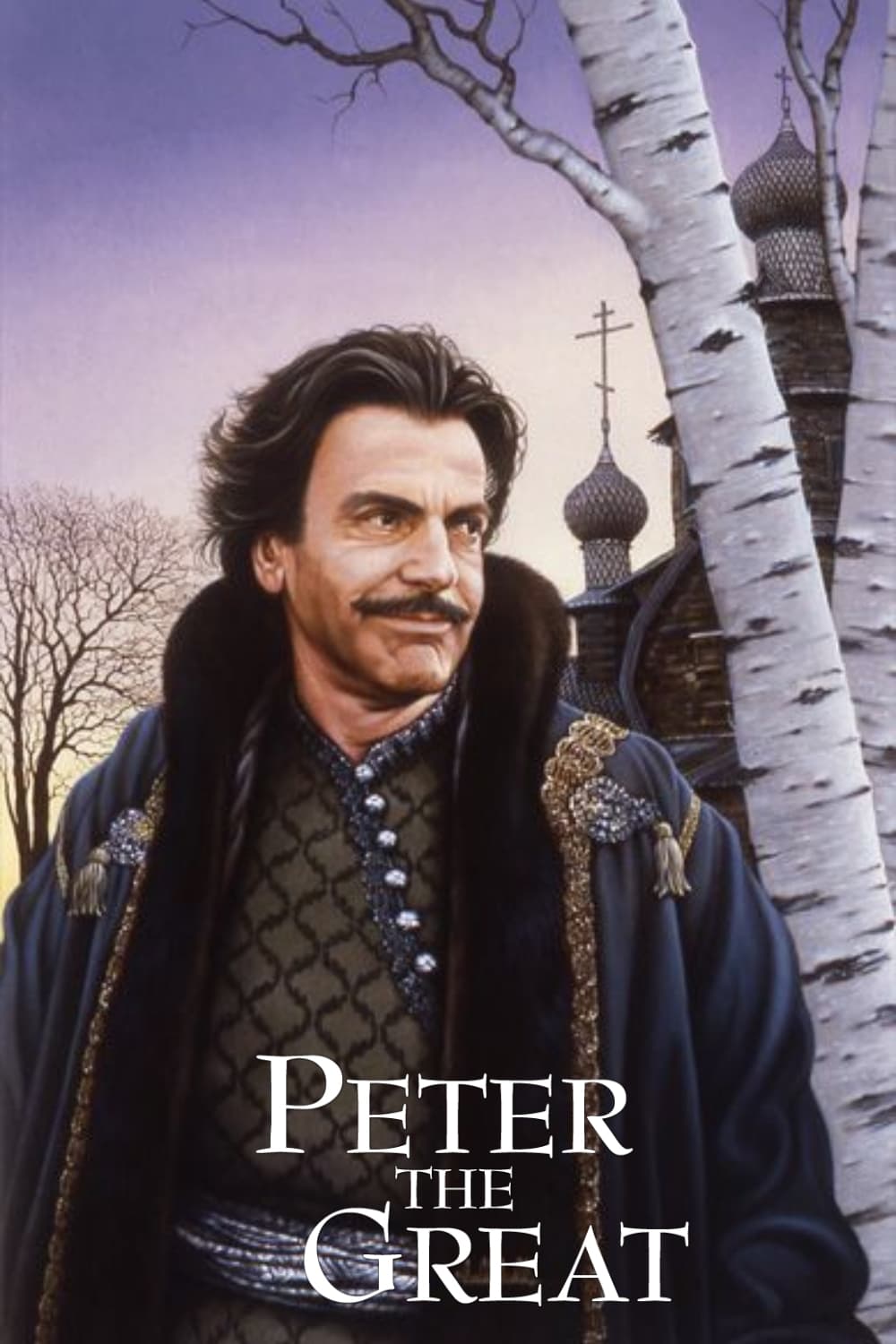
Peter the Great is a 1986 NBC television mini-series starring Maximilian Schell as Russian emperor Peter the Great, and based on the biography by Robert K. Massie. It won three Primetime Emmy Awards, including the award for Outstanding Miniseries.
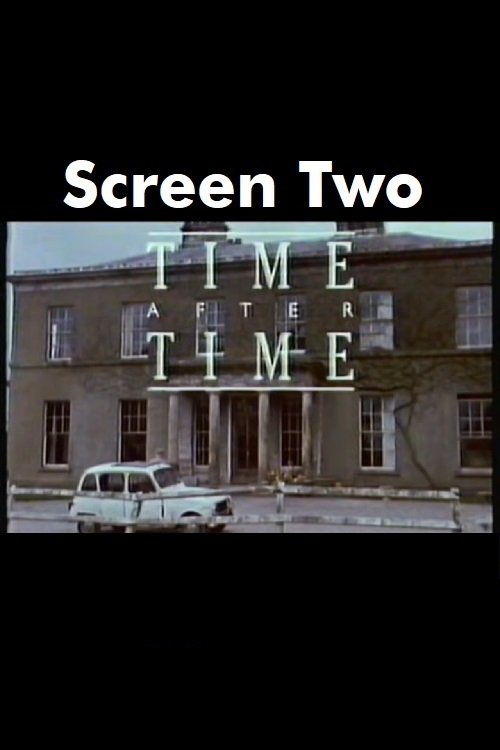
'Oh I was naughty. And I'm still naughty so take care.' And so Leda was, all those years ago when she was the childhood friend of Jasper and his three sisters April, May and June. Now she returns to add a little spice to life in their crumbling Irish country house.
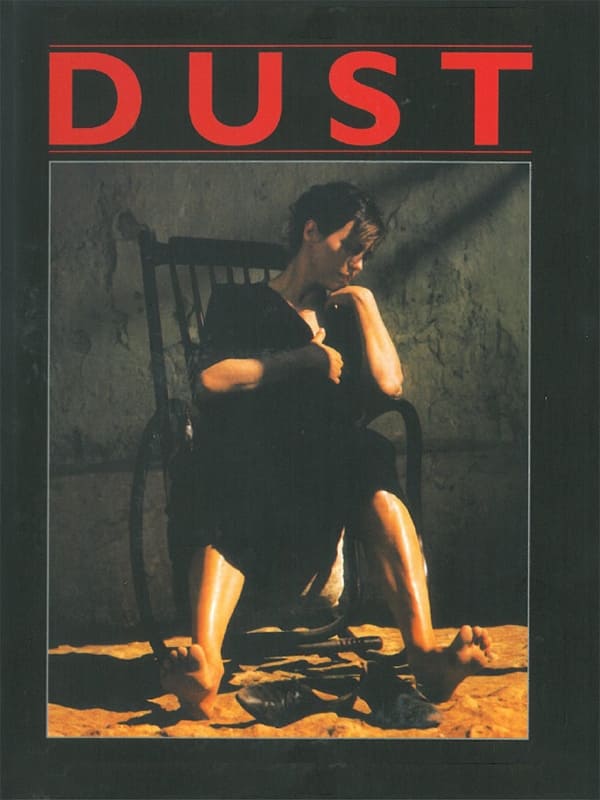
A South African spinster murders her father after he rapes the wife of the black foreman for his plantation.
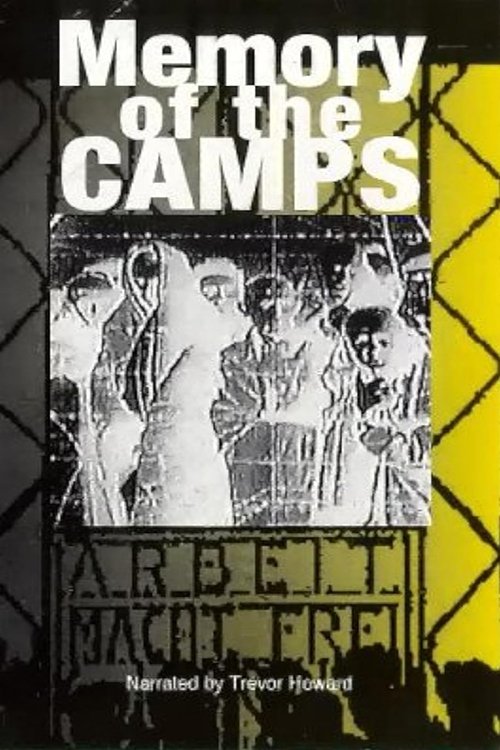
In 1945, Allied troops invaded Germany and liberated Nazi death camps. They found unspeakable horrors which still haunt the world’s conscience. A film was made by British and American film crews who were with the troops liberating the camps. It was directed in part by Alfred Hitchcock and was broadcast for the first time in its entirety on PBS FRONTLINE in 1985.
Howard was born in Cliftonville, Kent, England, the son of Mabel Grey (Wallace) and Arthur John Howard. He was educated at Clifton College (to which he left in his will a substantial legacy for a drama scholarship) and at the Royal Academy of Dramatic Art (RADA), acting on the London stage for several years before World War II. His first paid work was in the play Revolt in a Reformatory (1934), before he left RADA in 1935 to take small roles. Although stories of his courageous wartime service in the British Army's Royal Corps of Signals earned him much respect among fellow actors and fans alike, files held in the Public Record Office reveal that he had actually been discharged from the British Army in 1943 for mental instability and having a "psychopathic personality". The story, which surfaced in Terence Pettigrew's biography of the actor, published by Peter Owen in 2001, was initially denied by Howard's widow, actress Helen Cherry. Later, confronted with official records, she told the Daily Telegraph (24 June 2001) that his mother had claimed he was a holder of the Military Cross. She added that Howard had an honourable military record and "had nothing to be ashamed of".
By browsing this website, you accept our cookies policy.